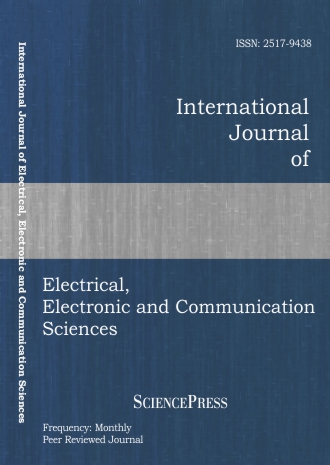
Scholarly
Volume:1, Issue: 2, 2007 Page No: 312 - 315
International Journal of Electrical, Electronic and Communication Sciences
ISSN: 2517-9438
1148 Downloads
A New Approach to Signal Processing for DC-Electromagnetic Flowmeters
Electromagnetic flowmeters with DC excitation are used for a wide range of fluid measurement tasks, but are rarely found in dosing applications with short measurement cycles due to the achievable accuracy. This paper will identify a number of factors that influence the accuracy of this sensor type when used for short-term measurements. Based on these results a new signal-processing algorithm will be described that overcomes the identified problems to some extend. This new method allows principally a higher accuracy of electromagnetic flowmeters with DC excitation than traditional methods.
Authors:
References:
<p>[1] Bonfig, K.W. (1970). Einfluesse auf die Nutzspannung bei der induktiven Durchflussmessung, Archiv fuer technisches Messen, Blatt V 1249 - 8, pp. 145-150.